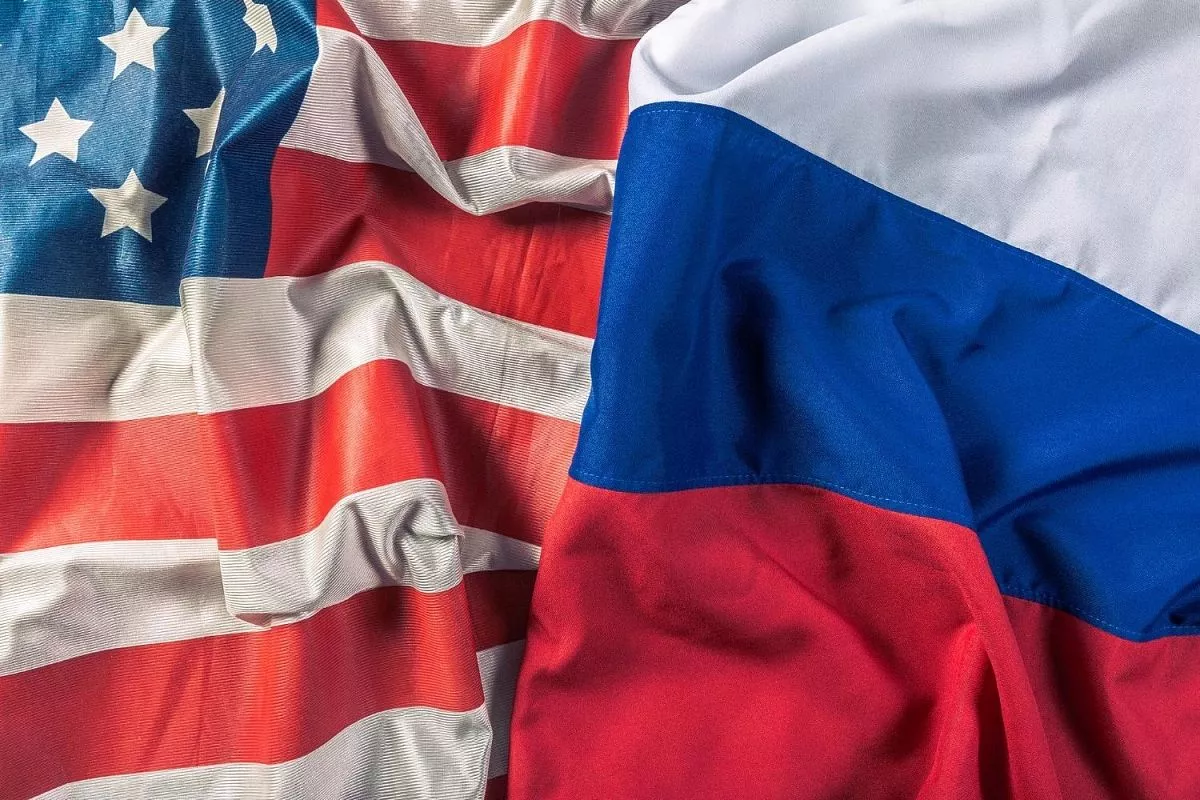Exclusive Interview
On August 15, 2025, the U.S. President Donald Trump is meeting with Russian leader Vladimir Putin to discuss a wide range of relevant issues related to the Ukrainian crisis, a rapprochement between Moscow and Washington, as well as the revival of the U.S.–Russia strategic dialogue.
Amid the upcoming summit, PIR Center interviewed Mr. Pavel Devyatkin, Senior Associate at the Arctic Institute, Non-Resident Fellow at the Quincy Institute, PIR Alumni Community Member. Issues of origin of controversy between the states, as well as the revival of strategic dialogue between parties have been discussed during the interview.
The interview was conducted by Mr. Artem Astvatsaturov, Editor at Information, Publications, and Digital Communications Program, PIR Center.
Mr. Artem Astvatsaturov: On August 14, 2025, Russia’s President Vladimir Putin said on the eve of a summit with the U.S. President Donald Trump that Moscow and Washington might strike a new deal on nuclear weapons as part of a wider effort to strengthen peace. Do you believe this upcoming summit could bring sweeping changes in the process of revival of the U.S.–Russia strategic stability dialogue?
Mr. Pavel Devyatkin: The Alaska summit between Donald Trump and Vladimir Putin in August 2025 represents a key opportunity to restart strategic stability between the U.S. and Russia. Both leaders have indicated that there are heightened tensions, and it will be important to address the expiring New START arms control treaty. Russia announced an end to its unilateral moratorium on the deployment of land-based intermediate-range missiles (INF) weeks ago as a reaction to U.S. actions. It is likely that such issues will be discussed in Alaska.
Mr. Artem Astvatsaturov: The leaders will address the Ukraine crisis, exploring possible pathways towards resolving the conflict and assessing its impact on the U.S.-Russia relations. From your perspective, what is the general source of controversy between states amid the Ukrainian crisis?
Mr. Pavel Devyatkin: The Alaska meeting could reshape the U.S.-Russia relationships by reopening channels for dialogue on global security issues, such as arms control and Arctic cooperation. It could shift the diplomatic focus of the Ukraine conflict to bilateralism between Washington and Moscow.
The controversy between the states regarding the Ukraine crisis involves conflicting core demands and security concerns. Trump would like to see an immediate peace agreement and a quick achievement of peace. Trump stated that he envisions Russia and Ukraine making compromises regarding borders and territories. On the other hand, Putin would like to see Russia’s core security concerns respected and the goals of the special military operation achieved. Putin’s goal is to make gains for the peace process in Ukraine and restore bilateral relations with the US. Both leaders are interested in making the meeting a diplomatic success. We will likely see a joint Russian-American peace proposal that will be presented to the Ukrainians and Europeans.
Mr. Artem Astvatsaturov: What do you expect from the upcoming summit? Is it possible to ponder on shaping the new détente between Russia and the U.S.?
Mr. Pavel Devyatkin: I expect the focus of the meeting to be on restoring bilateral relations and discussions of new bilateral opportunities, including in the Arctic. In this sense, the Alaska meeting is the start of a new era in relations rather than the end of heightened tensions.
Keywords: Strategic Stability; Arms Control; Russia–USA
AC, RUF
E16/AST – 25/08/15




